Ultra High Liquid Chromatography
Ultra High Liquid Chromatography (HPLC) to measure cannabinoid potency, which is the preferred equipment for testing hemp flower, edibles, and extracts because of its ability to test samples at ambient temperature without requiring a catalyst to produce heat response.
While regulations in Thailand continue to evolve, standards and consistent strength monitoring are indispensable to protect consumers against unwanted side effects and contamination of the plant. We prepare a Certificate of Analysis (COA) as evidence that the plant contains less than the legal psychoactive compound level (0.3%).
Terpene Testing
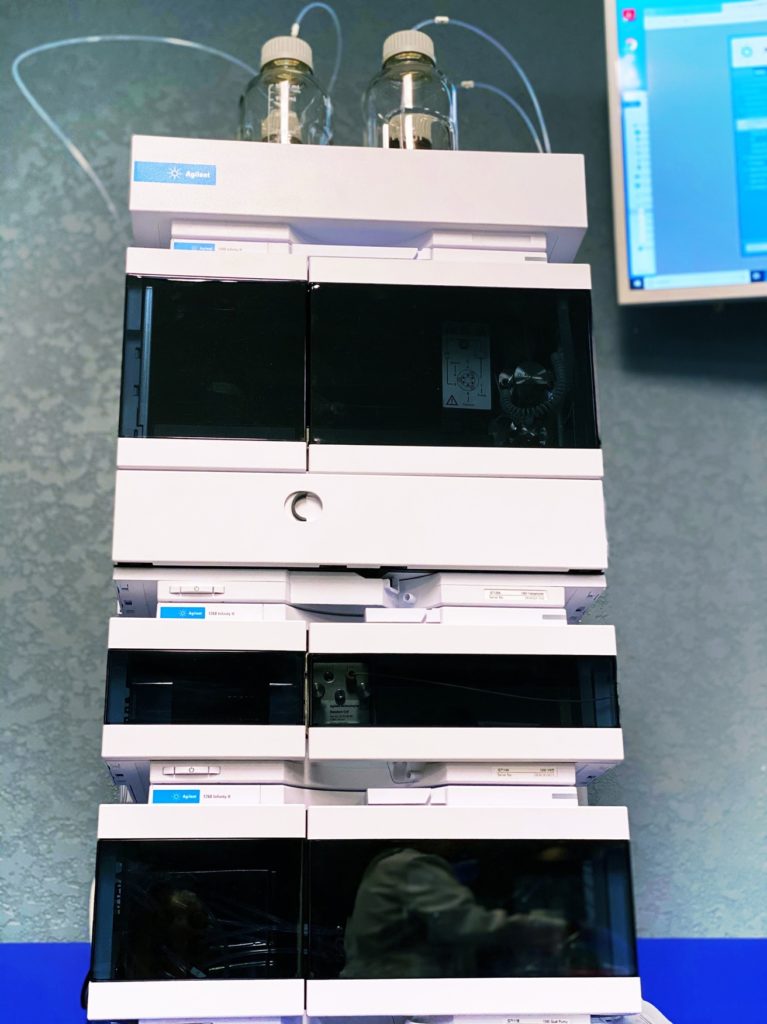
Terpenes are organic carbohydrates that occur naturally in hemp and other plants. They fend off harmful predators and lure helpful pollinators to ensure optimum growth while providing the plant’s unique aroma and flavor. Terpenes also synergize with cannabinoids, commonly known as the entourage effect, maximizing the benefits of each other and mitigate potential side effects. A hemp farmer can significantly benefit from a Terpene Test by describing the hemp plant’s entire medicinal profile.
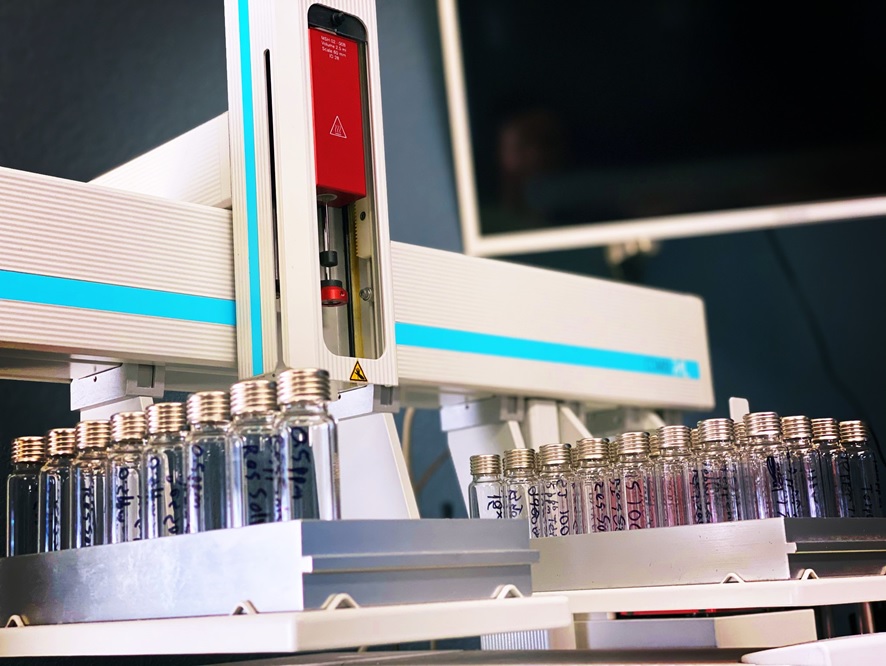
Mycotoxins Testing
Cultivation conditions for hemp plants provide an ideal environment for the growth of molds and fungi, which can start producing chemical mycotoxins if allowed to reproduce. Mycotoxins are a known risk throughout the food safety industry and are closely associated with kidney and liver harm, reproductive disorders, and immune suppression.
The aflatoxins, a form of mycotoxin generated by some species of aspergillus fungi —which are potential carcinogens—, are extremely dangerous. Even if the dosage of aflatoxin is high enough, immediate exposure can be life-threatening as the resulting aflatoxicosis can cause severe failure.
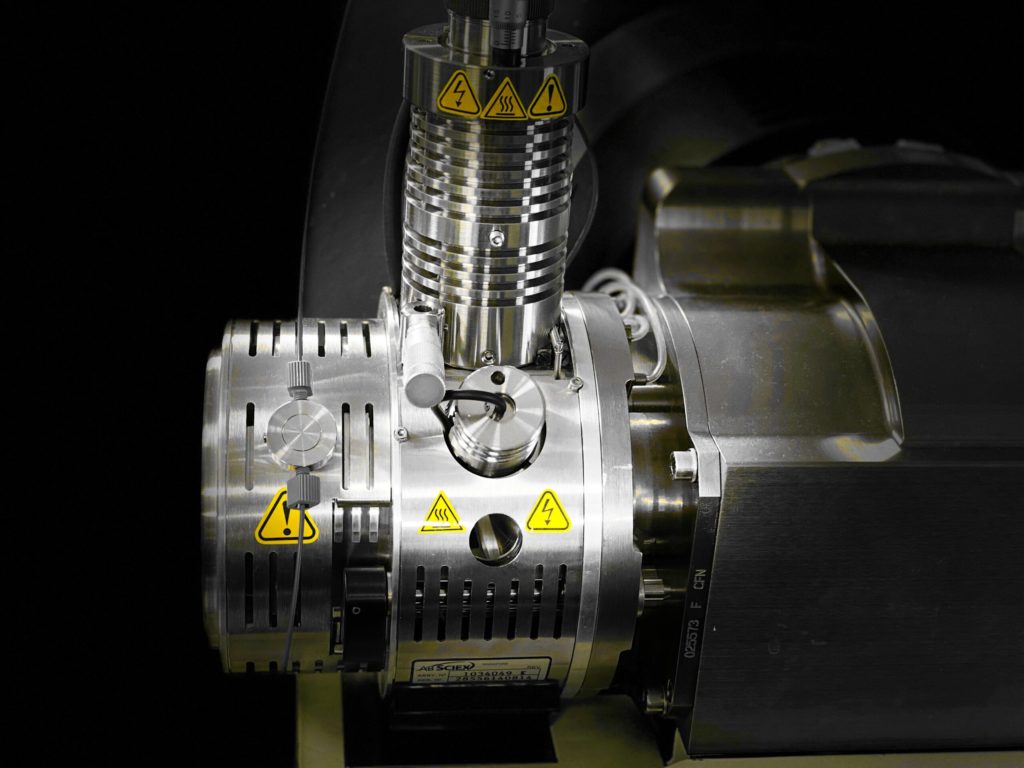
Residual Solvent Testing
Organic solvents such as butane, ethanol, CO2, and propane can extract and isolate active ingredients from the plant material during the production of hemp extracts and concentrates. The process of extraction is usually a solvent intensive process and requires skill in removing solvents.
Residual solvent testing identifies the presence of these harmful solvents, impurities, and other trace residues. The test is crucial to assess the efficiency of the manufacturing process and its quality for safe consumption.
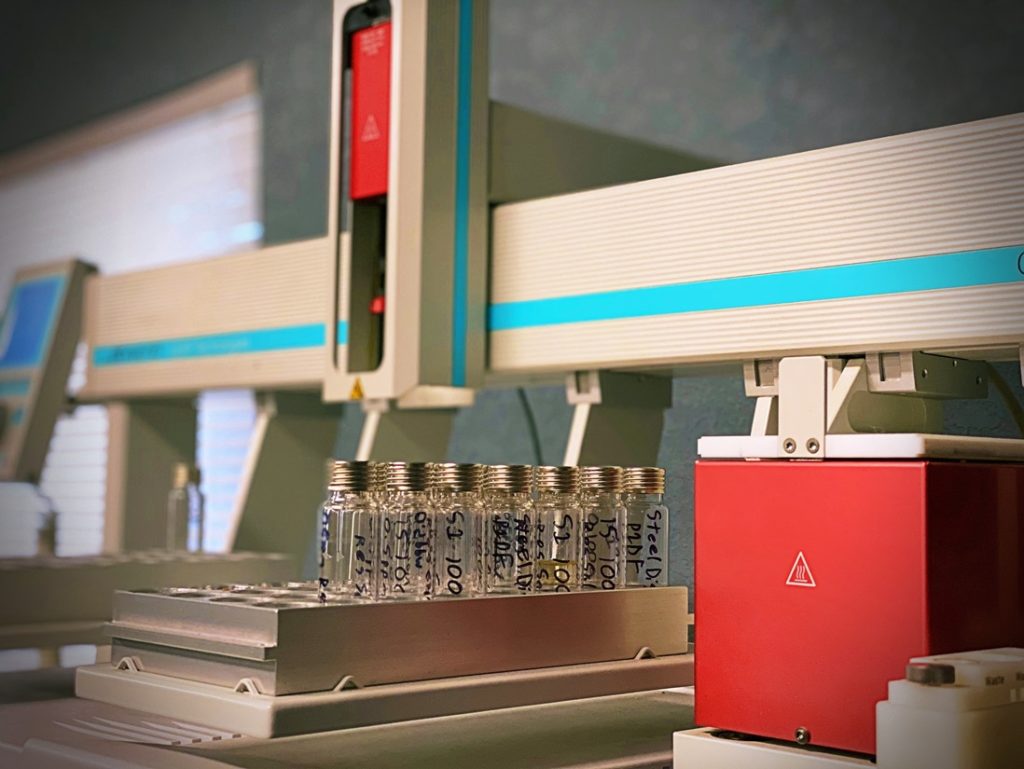
Pesticides Testing
Hemp plants tend to clean soil, migrating pesticides used in modern-day agriculture into the plant. Pesticides, including some intended only for ornamental plants, may be associated with cancer and other serious health effects.
While hemp yields are valuable, Hemp farmers may be forfeiting thousands of dollars by losing their feedstock to mites, mold, and other pests that try to consume the plant. Ensure the safety and optimum growth of your Hemp plant by employing trustworthy pesticide testing.
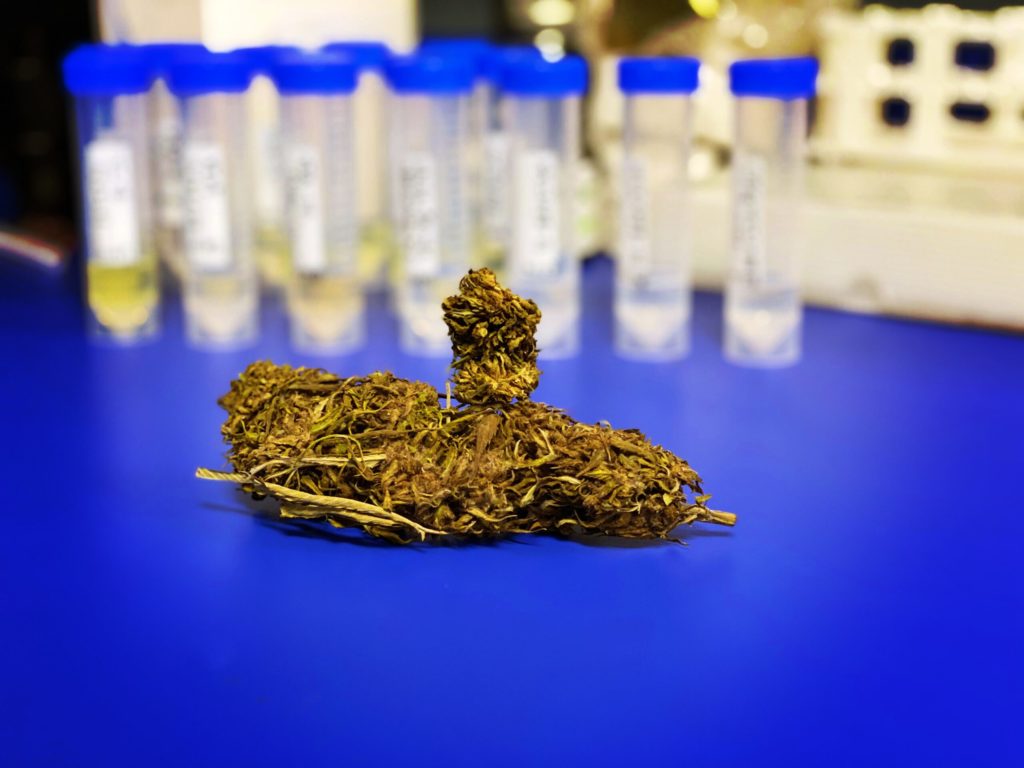
Heavy Metals Testing
Heavy metal bioaccumulation is a known process that occurs in hemp plants. During extraction, heavy metals are concentrated in the processed hemp oil, increasing the risk of contamination.
Hemp businesses and hemp producers are required to test for heavy metals contaminants in products intended for retail sales, ensuring products meet all MOPH and Thai FDA Regulations and are safe for consumption.
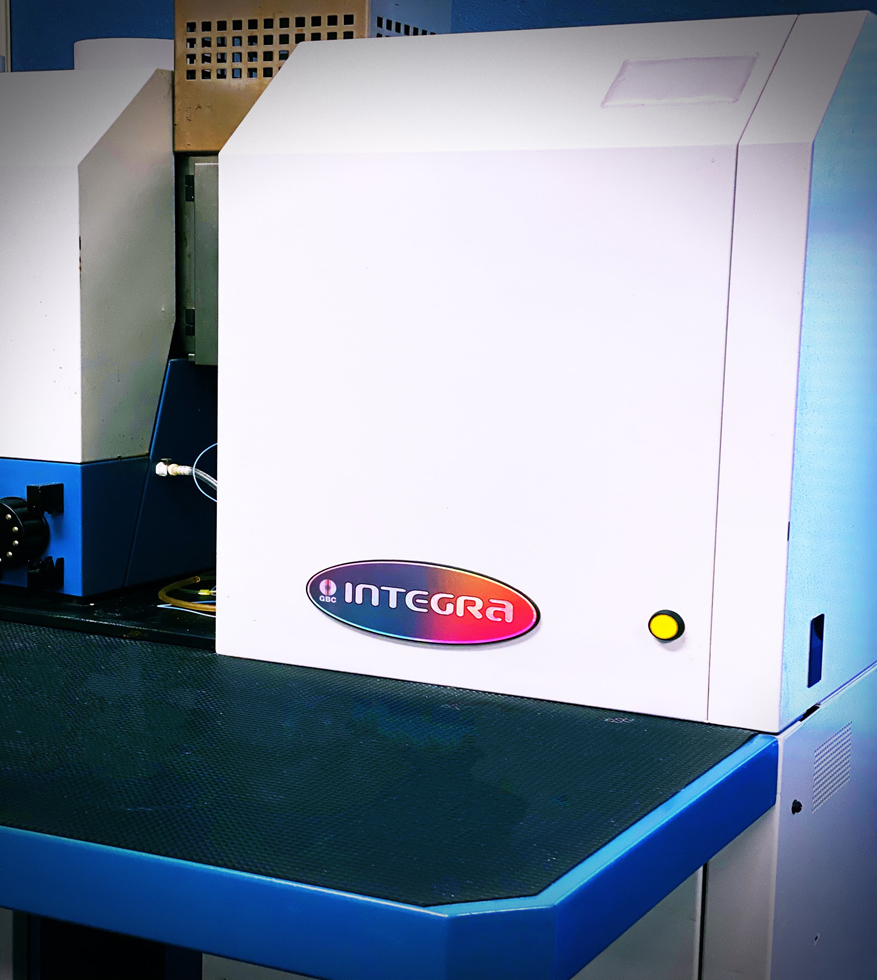



0 Comments